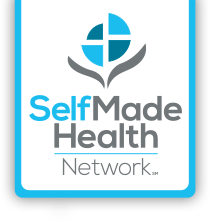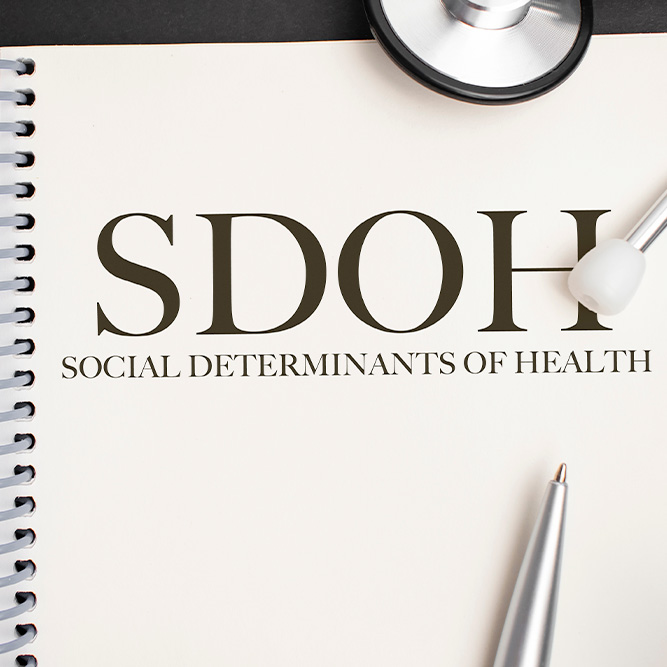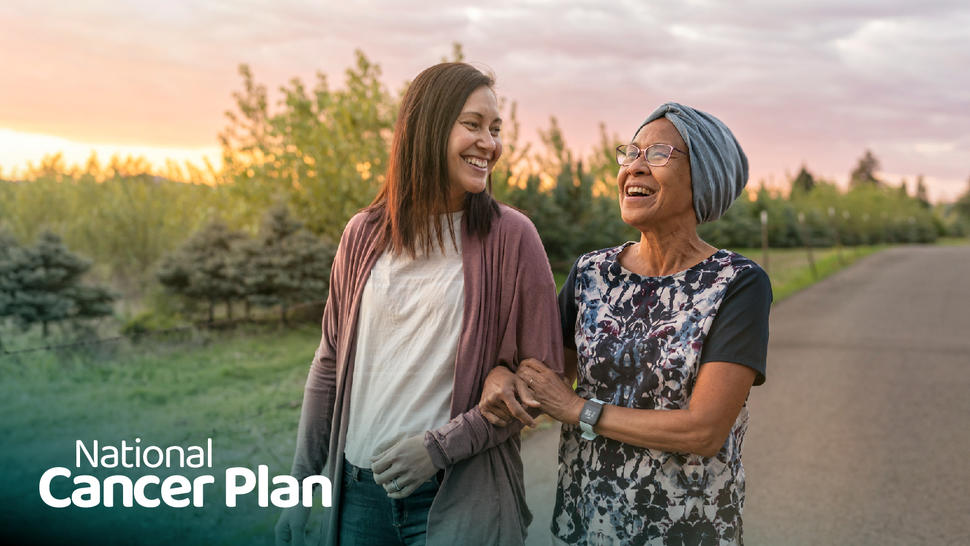Pathways to Health Equity: Expanding Community-Clinical Linkages to Improve Health Outcomes Among Low-Income Populations Nationwide” Webinar Series (5-Part)
SelfMade Health Network (SMHN) Webinar Series
“Pathways to Health Equity: Expanding Community-Clinical Linkages to Improve Health Outcomes Among Low-Income Populations Nationwide”
Access to this entire webinar series (Part 1-Part 5) including downloadable resources is now available. Each webinar can be viewed at any time. Upon completion of the general registration form on the registration link, the webinar will automatically appear.
Panel of Experts:
- Novant Health New Hanover Regional Medical Center
- Progressive Community Health Centers (Federally Qualified Health Center/ FQHC)
- Harvard Law School Center for Health Law and Policy Innovation
- Feeding America
- The Food Trust
- National Academy of Medicine
- American Cancer Society (ACS)
- University of Kansas Medical Center
- Perelman School of Medicine at the University of Pennsylvania [Department of Family Medicine and Community Health]
- University of North Carolina at Chapel Hill [Division of General Medicine and Clinical Epidemiology]
- Wayne State University School of Medicine
- University of New Mexico, Department of Family and Community Medicine
- Sinai Urban Health Institute
- Center for Health Care Strategies
- Greater Cleveland Food Bank
- UniteWI: The Bridge to Community Health
- Deloitte Center for Health Solutions
- PolicyMap
- University of Michigan [Department of Medicine]
- Giant Food
This webinar series is “centered around” addressing social determinants of health (SDoH) impacting both cancer and tobacco-related health disparities (TRHD) while aligning with at least 3 overarching goals outlined in the National Cancer Plan
Detect Cancers Early
Cancers are detected and treated as early stages, enabling more effective treatment, and reducing morbidity and mortality.
Partner with providers, researchers, and communities at increased risk for cancer to improve screening rates.
Deliver Optimal Care
The healthcare system delivers evidence-based, patient-centered care to all people that prioritizes prevention, reduces cancer morbidity and mortality, and improves the lives of cancer survivors, including people living with cancers.
- Identify and put into effect best practices for public engagement, communication, and health literacy related to cancer risk, prevention, treatment, and survivorship that are tailored to community needs.
Eliminate Inequities
Disparities in risk factors, cancer incidence, treatment side effects, and mortality are eliminated through equitable access to prevention, screening, treatment, and survivorship care.
- Tackle inequities that prevent successful outcomes in underserved populations at each step of cancer care, from prevention through survivorship.
- Engage communities in cancer education and promote structural changes that increase prevention and early detection.
Audience:
State and local government programs (cancer, other chronic diseases, tobacco prevention/control programs and public health agencies), health systems (cancer centers, hospitals, rural health clinics, federally qualified healthcare centers, health departments) and physician offices (primary care physicians, oncologists, etc.), medical/healthcare associations, academic institutions (including Schools of Medicine, Nursing and Pharmacy), cancer and other health coalitions, and health plans. Multi-disciplinary Professionals: Physicians, mid-level practitioners (nurse practitioners, physician assistants, pharmacists), registered dieticians (RDs), nurse navigators, health educators, patient navigators, community health workers (CHWs), employee health/health promotion professionals as well as nonprofit organizations (NPOs) and community-based organizations (CBOs).

 Social Determinants of Health in Cancer Care (American Society of Clinical Oncology)
Social Determinants of Health in Cancer Care (American Society of Clinical Oncology)